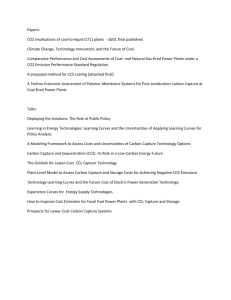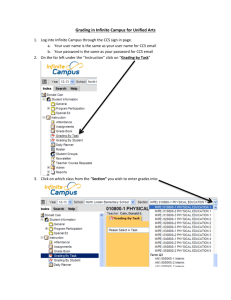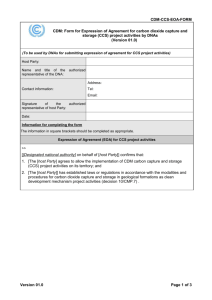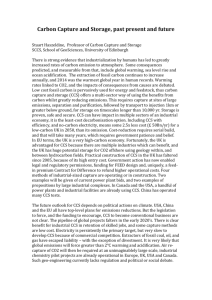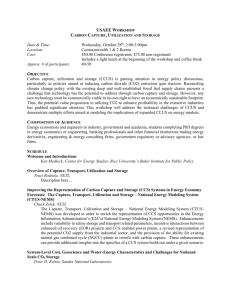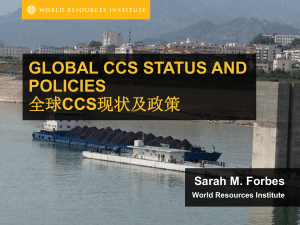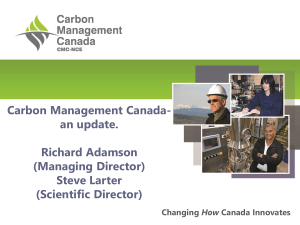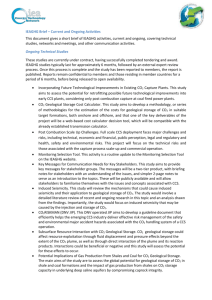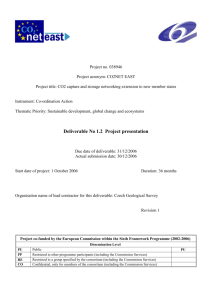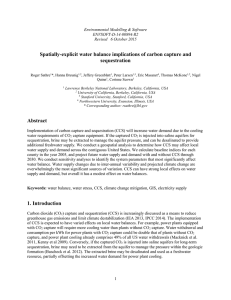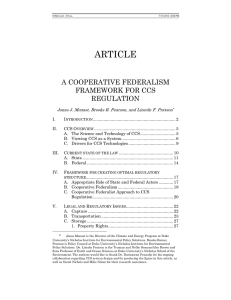COMET - PTECO2
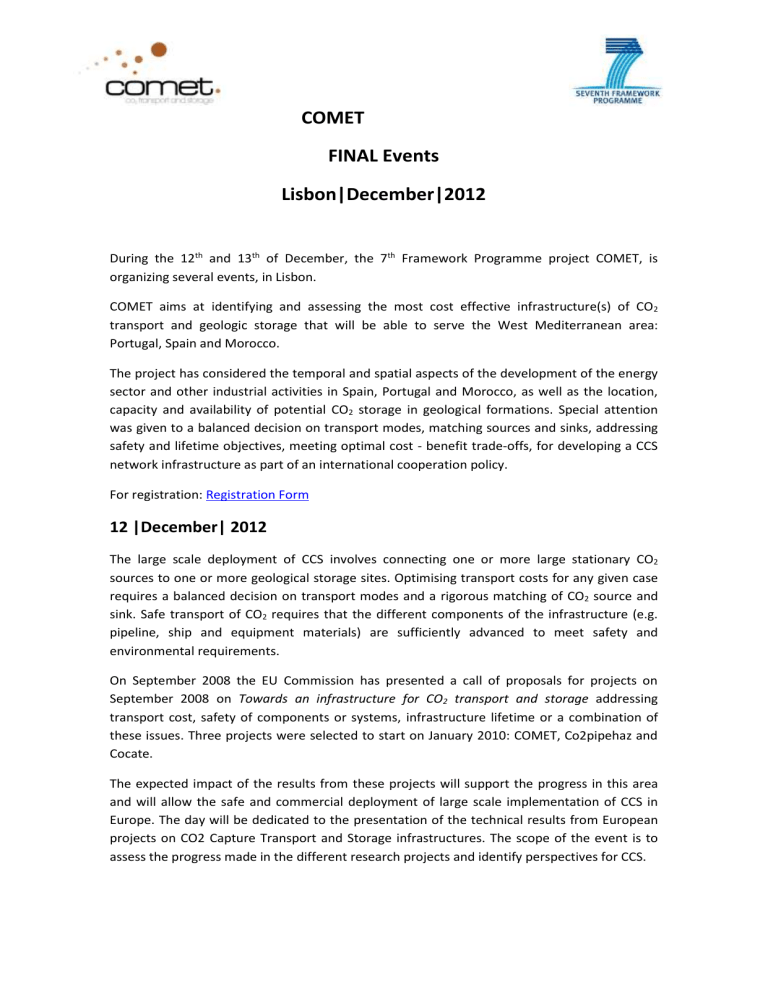
COMET
FINAL Events
Lisbon|December|2012
During the 12 th and 13 th of December, the 7 th Framework Programme project COMET, is organizing several events, in Lisbon.
COMET aims at identifying and assessing the most cost effective infrastructure(s) of CO
2 transport and geologic storage that will be able to serve the West Mediterranean area:
Portugal, Spain and Morocco.
The project has considered the temporal and spatial aspects of the development of the energy sector and other industrial activities in Spain, Portugal and Morocco, as well as the location, capacity and availability of potential CO
2
storage in geological formations. Special attention was given to a balanced decision on transport modes, matching sources and sinks, addressing safety and lifetime objectives, meeting optimal cost - benefit trade-offs, for developing a CCS network infrastructure as part of an international cooperation policy.
For registration: Registration Form
12 |December| 2012
The large scale deployment of CCS involves connecting one or more large stationary CO
2 sources to one or more geological storage sites. Optimising transport costs for any given case requires a balanced decision on transport modes and a rigorous matching of CO
2
source and sink. Safe transport of CO
2
requires that the different components of the infrastructure (e.g. pipeline, ship and equipment materials) are sufficiently advanced to meet safety and environmental requirements.
On September 2008 the EU Commission has presented a call of proposals for projects on
September 2008 on Towards an infrastructure for CO
2
transport and storage addressing transport cost, safety of components or systems, infrastructure lifetime or a combination of these issues. Three projects were selected to start on January 2010: COMET, Co2pipehaz and
Cocate.
The expected impact of the results from these projects will support the progress in this area and will allow the safe and commercial deployment of large scale implementation of CCS in
Europe. The day will be dedicated to the presentation of the technical results from European projects on CO2 Capture Transport and Storage infrastructures. The scope of the event is to assess the progress made in the different research projects and identify perspectives for CCS.
Bridging the gap in CCS infrastructure: Results from European projects
COMET – CO2PipeHaz - COCATE
8:30 – 9:00 Registration
9:00 – 9:30 European Commission Initiatives
9:30 – 12:00 European projects
9:30 – 10:45 Outcomes from COMET
Sources and Sinks
Markal-Times – What is?/What the use for CCS?
Pipe Routes
10:45 -11:00 Coffee-Break
11:00 – 11:30 Outcomes from COMET
Barriers and Synergies
11:30 – 13:00 Outcomes from CO2pipehaz:
Quantitative Hazard Assessment for Next
Generation CO2 Pipelines: Primary outcomes and ongoing work
Evaluation of cubic, SAFT and PC-SAFT equations of state for the vapour-liquid equilibrium modelling of CO2 mixtures with other gases
Near and far-field dispersion analysis of accidental CO2 releases: a CFD study.
13:00 -14:00 Lunch-Break
14:00 – 14:30 Outcomes from COCATE
14:30 – 15:30 Compostilla Project
CIUDEN
CO2 Pipeline
15:30 – 16:00 Perspectives of CCS and Report on Infastructures
- GCCSI
16.30 – 17:00 Discussion – Perspectives for CCS transport infrastructures
V. Kougionas
Dulce Boavida – LNEG
Roberto Martinez – IGME
Giancarlo Tosato – asatrem
Júlio Carneiro -
Evora university
Machteld van den Broek -
Utrecht University
Solomon Brown -
University College London
Dimitrios Tsangaris -
NCSR
Vagesh D.
Narasimhamurthy
Gexcon tba
Tomás Coca Stefaniak
Pedro González Vázquez
Angeline Kneppers
13 December 2012:
High level meeting - CCS perspectives in the Iberian Peninsula and
Morocco – Development of a CO
2
transport infrastructure Scenarii
8:30 – 9:00 Registration
9:00 – 10:00 Cooperation between the two shores of the
Mediterranean
10:00 – 10:30 CCS national road maps
Ângelo Correia
10:30 -11:00 Coffee-Break
11:00 – 13:00
12:30-13:00
13:00 -14:00
CCS perspectives in the region:
Sources and Sinks – Geoportal
Markal-Times – What is?/What the use for
CCS?/ New models for COMET
Pipe Routes
Barriers and Synergies
Discussion
Lunch
Derek Taylor
(Bellona)
